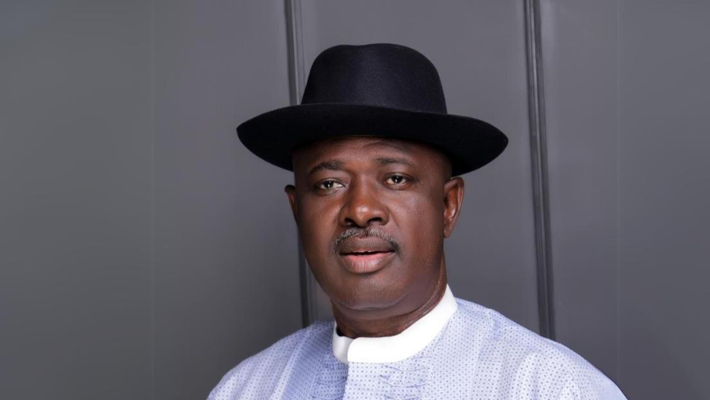The Ministry of Petroleum Resources and its two agencies have opposed the bill to establish the National Commission for the Decommissioning of Oil and Gas Installations 2024. The agencies are the Nigerian Upstream Petroleum Regulatory Commission and the Nigerian National Petroleum Company Limited.
A statement by NUPRC spokesman Eniola Akinkuotu said that the position was delivered at a public hearing organised by the House of Representatives Committee on Petroleum Resources (Upstream).
In his submission, deputy petroleum minister Heineken Lokpobiri said, contrary to assumptions by the lawmakers, creating a Commission for decommissioning and abandonment would not address any community issues, as these were already being taken care of.
Mr Lokpobiri stated that the issues were addressed by the Host Community Development Trust Fund, which had generated nearly N400 billion for community development projects.
He stated that Nigeria had been recording new Final Investment Decisions and witnessing renewed activities in upstream, midstream, and downstream operations, developments that had been stagnant for over a decade before the Renewed Hope administration of President Bola Tinubu.
He, therefore, said that the creation of the NC-DOGI risked scaring away investors.
The minister also stated that creating a new agency to handle decommissioning and abandonment would duplicate the responsibilities already vested in the NUPRC, as provided by Sections 232 and 233 of the Petroleum Industry Act (PIA) 2021.
He advised the committee to step down the bill, citing that a predictable and stable legal framework attracts investors.
In his presentation, NUPRC chief Gbenga Komolafe stated that creating a separate commission to handle decommissioning and abandonment did not align with global best practices, which typically place these responsibilities with the upstream regulator.
Mr Komolafe stated that the issue of decommissioning was not a standalone affair and would necessitate having a separate regulator deal with the Field Development Plan, as well as a different agency handling decommissioning and abandonment.
“This will make the NUPRC not have full line of sight on the FDP as decommissioning and abandonment is an integral part of any FDP and will jeopardise the intended objective of the development plan,” he added.
Mr Komolafe said that between 2014 and 2021, Capital expenditure for oil and gas investment declined by about 75 per cent due to the lack of a stable legal and regulatory framework until the emergence of the PIA.
He aligned with the minister’s position and stated that Nigeria has now put in place the PIA; tinkering with it would send the wrong signals to the international community.
NNPC’s executive vice-president (upstream), Udobong Ntia, agreed with the minister and Mr Komolafe that there was no need for the establishment of a new agency.
Mr Ntia said that decommissioning and abandonment were not a regular exercise, but rather an activity that could occur at the end of a field’s life, which could span years.
“What will such a commission be doing when the NNPC, for instance, has no decommissioning and abandonment until 2045?” he asked.
The chairman of the House Committee on Petroleum Resources (upstream), Alhassan Doguwa, stated that the bill was conceived to address local environmental issues and challenges within oil-producing communities.
(NAN)

